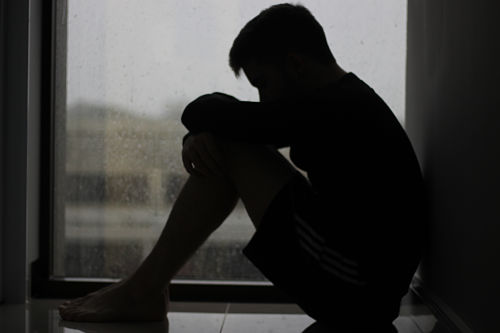“This is an extraordinary situation, which necessitates an exceptional emergency response. Those deprived of liberty are often overlooked because they are invisible to society and may not always elicit public sympathy. Now is not the time for moral judgement – it is a matter of life and death, and many are experiencing untold suffering or even dying as a consequence,” Sir Malcolm Evans, Professor of Public International Law.
Our Human Rights Day feature, “COVID 19: An extraordinary situation which necessitates an exceptional response” captures the work of academics from the Centre and the role they have played in supporting the ongoing protection of detainees and those deprived of their liberty during a challenging year. Highlights include:
- A number of global charges to demand that prohibition of torture and other forms of ill-treatment should be absolute and not diminished by COVID-19, led by Professor Evans in his role as Chair of the United Nations Subcommittee on Prevention of Torture (SPT).
- Analysis of the innovative measures undertaken by independent monitoring bodies when coronavirus made it difficult to enter places of detention, in collaboration with Zahid Mubarek Trust and Professor Nick Hardwick at the Royal Holloway University of London - and with support from the Association for the Prevention of Torture.
- Research to explore the role lay visitors have played in monitoring treatment of detainees during the pandemic.
Human Rights Day also presents an opportunity to celebrate the role students at the Human Rights Law Clinic play in supporting organisations around the world fulfil their commitments to human rights. This year students at the Clinic helped ensure existing projects remained strong, particularly in Africa, helping a number of organisations monitor and deliver on their commitments. Highlights include:
- Providing support to the African Commission’s Committee on the Prevention of Torture on the status of the prohibition and prevention of torture and other ill-treatment in the region.
- Drafting information for the Institute for Human Rights and Development in Africa to show the extent to which the cases they have bought have been implemented and obtained justice for victims.
- Examining how judgments by the African Court on Human and Peoples’ Rights have been implemented by States across the continent.
- Following up on decisions on indigenous land rights in Kenya by considering the measures taken by the Kenyan government to implement them.
- Working with the Universal Rights Group to identify the implementation of UN decisions and recommendations by any government established committees which coordinate the implementation.
Ahead of Human Rights Day, we caught up with students previously involved in the Human Rights Law Clinic to find out how working in the Clinic had inspired them.
“It was really interesting. People doing PhDs, Masters, undergraduate degrees, all come together to work on the same project, which brings lots of different perspectives. There were many opportunities to get involved in research and the experience at the Clinic has shaped me both personally and professionally. I would choose the University of Bristol a thousand times over thanks to my experience there,” Anamaria Fonseca.
“The Clinic was my first introduction to doing human rights in practice. I learned about how to research for civil society organisations in human rights by doing it. It gave me the confidence to go on to work in a number of other human rights organisations afterwards, alongside my academic studies. The Human Rights Community at the Law School is very welcoming and a great place to start a career in human rights,” Chris Gray.
You can watch our interviews with Anamaria and Chris on YouTube. Both have gone on to build on their experience of research at the Clinic as PhD students in the Law School.
